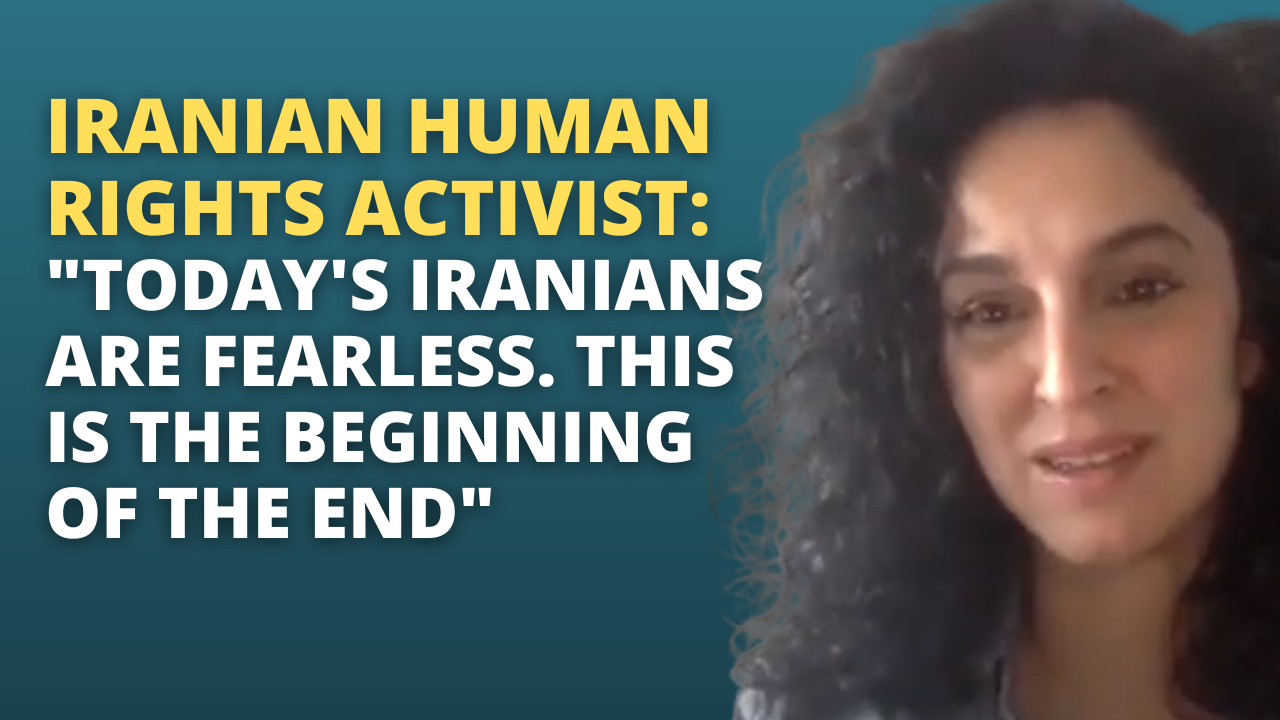In the contemporary discourse of human rights, the plight of the Bahá’ís in Iran emerges as a poignant case reflecting broader global issues of religious freedom and social justice. The Bahá’í Faith, founded in the 19th century, espouses principles that unequivocally advocate for the equality of all human beings, regardless of their race, religion, or background. The teachings of Bahá’u’lláh, the founder of the Bahá’í Faith, enshrine the concept of equal human rights as a fundamental tenet. This article endeavors to articulate the teachings of the Bahá’í Faith relating to equal human rights and to delineate a global call for the protection and promotion of the rights of Iranian Bahá’ís.
At the heart of Bahá’í teachings is the assertion that all humanity forms a single community. This premise is grounded in the belief that every individual possesses inherent dignity and worth. The Bahá’í principle of the oneness of humanity serves as a catalyst for advocating equal rights for all, particularly for the Bahá’ís in Iran who have faced systemic persecution. This persecution is characterized by social, economic, and legal discrimination fostered by the Iranian government, which continues to deny Bahá’ís their fundamental freedoms.
One salient aspect of the Bahá’í teachings related to equal human rights is the emphatic call for social justice. Bahá’u’lláh proclaimed that justice is the “most conspicuous” and “most vital” attribute of the Divine. As such, Bahá’ís are called to actively participate in the promotion of justice within society. For Iranian Bahá’ís, this translates to a persistent struggle against the injustices they face—ranging from imprisonment to restrictions on education and employment opportunities.
The global community’s response to the marginalization of Bahá’ís in Iran must be characterized by solidarity and advocacy. The concept of global citizenship is critical in this context, as it transcends national boundaries and calls for collective responsibility. Individuals around the world are urged to recognize the plight of Iranian Bahá’ís and to become advocates for their rights. This entails raising awareness, voicing support, and calling for accountability on international platforms.
Furthermore, the role of education in challenging systemic discrimination cannot be overstated. Bahá’ís place significant emphasis on the power of education as a tool for individual and collective empowerment. Unfortunately, Iranian Bahá’ís are frequently denied access to higher education due to their religious affiliation. This discriminatory policy not only stifles personal development but also impedes the progress of society as a whole. Global advocacy for educational rights for Bahá’ís is essential to foster equality and dismantle prejudicial barriers.
In addition to education, freedom of expression serves as a cornerstone of human rights. The Bahá’í Faith underscores the importance of individual voice and the expression of beliefs. In Iran, however, Bahá’ís are frequently silenced, facing censorship and repression as the government strives to stifle philosophical and spiritual diversity. The global community is called to champion the basic right to free speech and to support initiatives that amplify the voices of Iranian Bahá’ís. By advocating for their right to express their identity and beliefs openly, a more inclusive atmosphere can be cultivated.
Moreover, the economic rights of Bahá’ís warrant attention. Many Iranian Bahá’ís face significant barriers in employment, often resulting from their religious identity. This economic disenfranchisement can lead to broader societal implications, including increased poverty and social instability. Calls for fair employment practices and economic opportunities for Iranian Bahá’ís are critical. Promoting policies that ensure economic rights aligns with the Bahá’í principle that wealth should be a means for the betterment of society rather than a source of oppression.
The intersection of gender and religion also comes into play in discussions of human rights. Bahá’í teachings advocate for the equality of men and women, asserting that both genders have the right to thrive and contribute to society. In Iran, however, women often face compounded discrimination based on both gender and religious affiliation. The plight of Bahá’í women exemplifies the need for global vigilance and concerted efforts to dismantle gendered injustices and promote equality in all its forms. Empowering women within the Bahá’í community and advocating for their rights can serve as a pathway toward comprehensive societal advancement.
In conclusion, the teachings of the Bahá’í Faith provide a robust framework for understanding and advocating for equal human rights, particularly for Iranian Bahá’ís. The principles of the oneness of humanity, social justice, and equality offer a compelling basis for a global call to action. The ongoing persecution of Bahá’ís in Iran underscores the urgency of international solidarity, demanding proactive measures to safeguard their rights. As the global community engages in this endeavor, fostering awareness, enhancing education, promoting freedom of expression, and championing economic opportunities will be integral in realizing the vision of a just and equitable society for all. The call for a just recognition of Iranian Bahá’í rights resonates as a universal imperative, urging humanity to embrace and uphold the sanctity of human dignity and rights for every individual.
